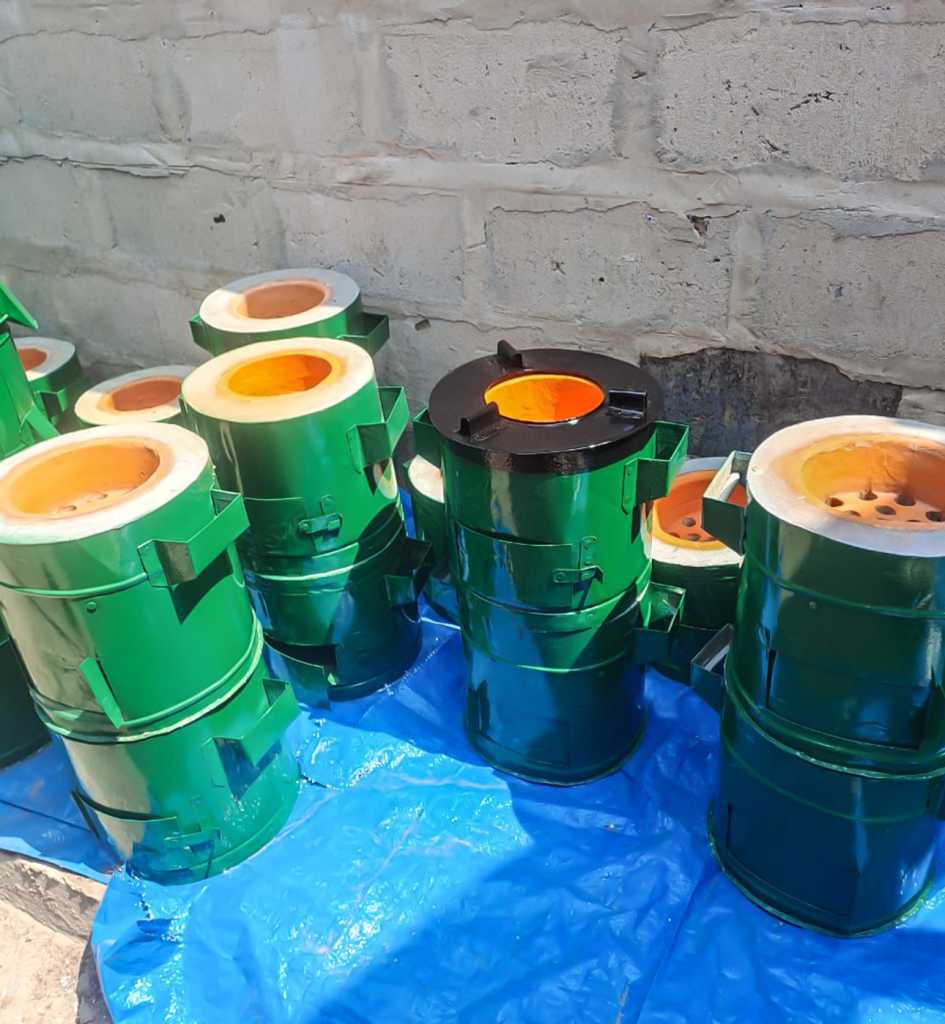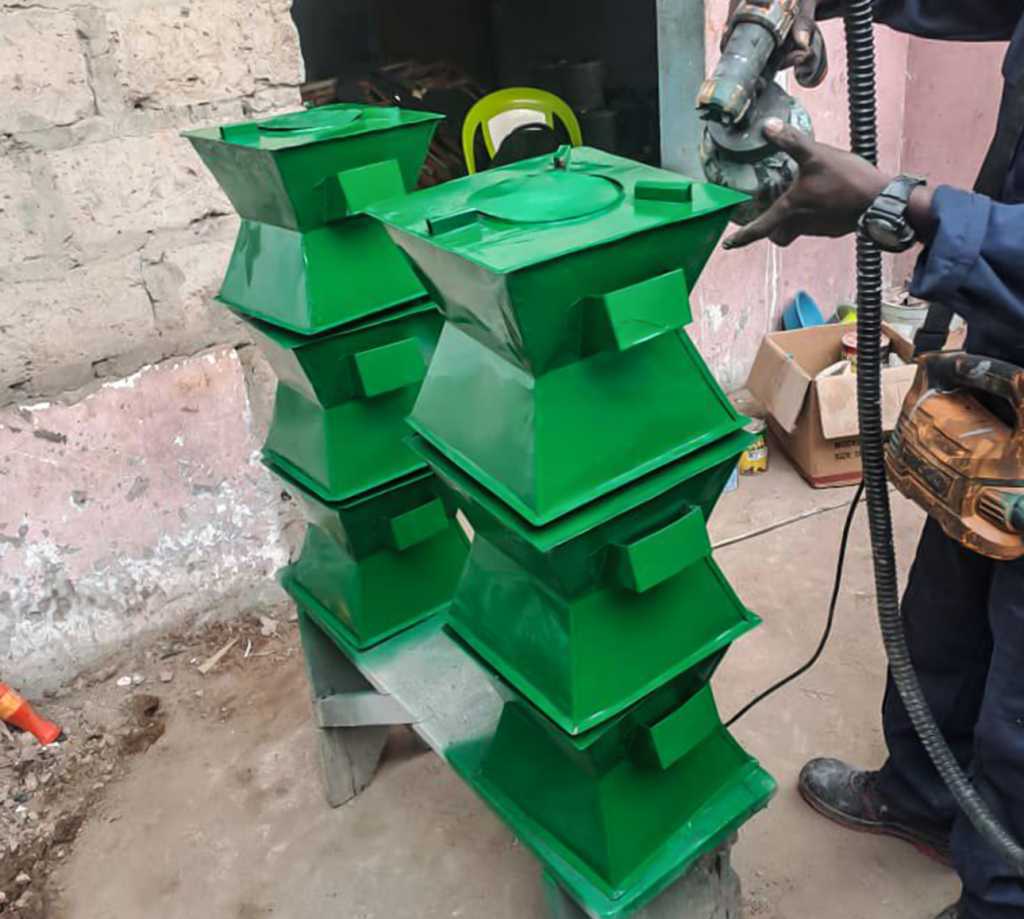We introduce efficient and eco-friendly charcoal stoves (braziers) designed to meet the cooking needs of the Democratic Republic of Congo (RDC). Our charcoal stoves offer an economical solution that not only reduces CO2 emissions but also provides a vital cooking resource for communities where electricity access is limited.
In the RDC, where approximately 90% of the population lacks electricity, our charcoal stoves play a critical role in everyday life. By using our stoves, families can cook meals safely and affordably, minimizing reliance on traditional methods that contribute to deforestation and indoor air pollution.
The impact of CO2 emissions is not just environmental—it directly affects human health. Many people in the RDC suffer from respiratory illnesses and premature deaths due to indoor air pollution caused by inefficient cooking practices. Our carefully crafted charcoal stoves offer a safer alternative, reducing these risks while promoting sustainable cooking solutions.
Join us in empowering communities across the RDC with clean and efficient cooking technology. Together, let’s make a positive difference in people’s lives and our planet’s health
1. Fuel Efficiency: Improved cookstoves are designed to burn fuel more efficiently compared to traditional open fires or basic stoves. This efficiency can lead to significant fuel savings, reducing the amount of wood, charcoal, or other biomass needed for cooking.
2. Time Savings: By burning fuel more efficiently, improved cookstoves can reduce the time needed for cooking. This is particularly beneficial for women and girls who traditionally bear the responsibility of gathering fuel and preparing meals.
3. Health Benefits: Improved cookstoves are engineered to produce less smoke and toxic emissions compared to traditional cooking methods. This reduction in indoor air pollution can lead to improved respiratory health for households, especially for women and children who are most affected by prolonged exposure to smoke.
4. Environmental Impact: Using improved cookstoves can help reduce deforestation and environmental degradation by decreasing the demand for firewood and charcoal. This contributes to sustainable resource management and conservation efforts.


5. Safety: Improved cookstoves are often designed with safety features that reduce the risk of accidental burns or fires. They provide a more stable and controlled cooking platform compared to open fires, making them safer to use, especially in households with children.
6. Affordability: While initial costs for acquiring an improved cookstove may vary, the long-term savings in fuel costs can make them a cost-effective option for households in low-income communities.
7. Social Benefits: By reducing the time spent on fuel collection and cooking, improved cookstoves can empower women and girls to engage in other productive activities such as education or income-generating opportunities.
8. Adaptability: Improved cookstoves can be adapted to use a variety of locally available fuels, providing flexibility in regions where different types of biomass are used for cooking.
9. Community Development: The adoption of improved cookstoves can contribute to community development by promoting cleaner and more sustainable cooking practices. This can also create opportunities for local entrepreneurs involved in stove production and distribution.
